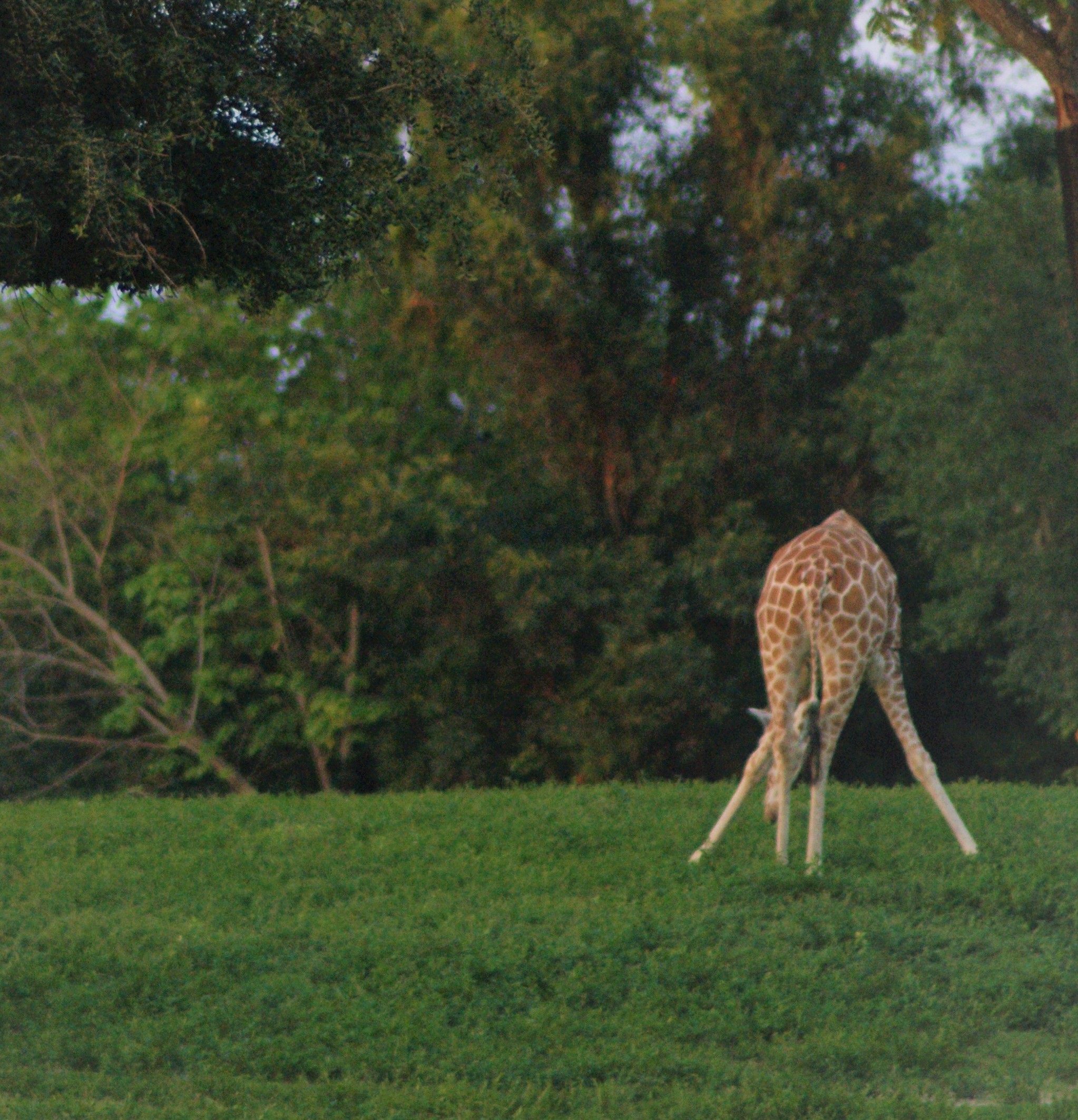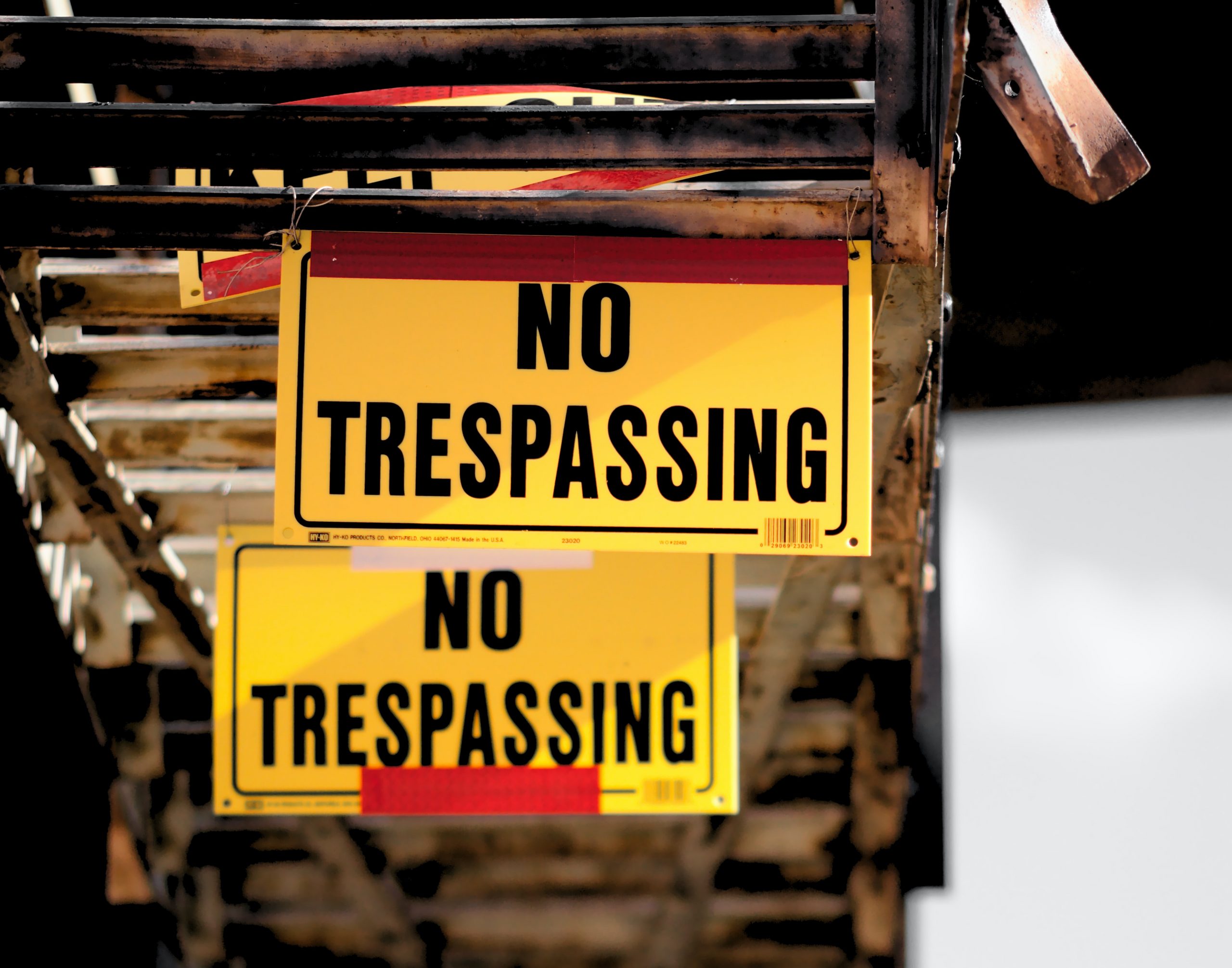LEARNING FROM GIRAFFES: Be social (Part 2 of 5)
Giraffes are social. And when they socialize, they like to be informal and mix things up. Giraffes move into and out of herds; they don’t stick with one group or develop territories (known as cliques or ingroups and outgroups in the workplace). Think of giraffes as being socially-fluid. What do you do at work? Do you












